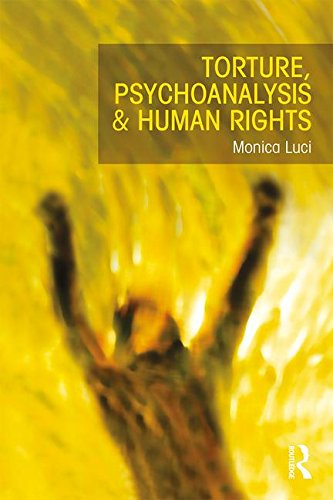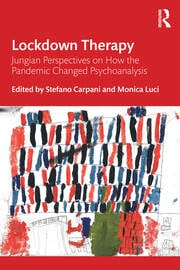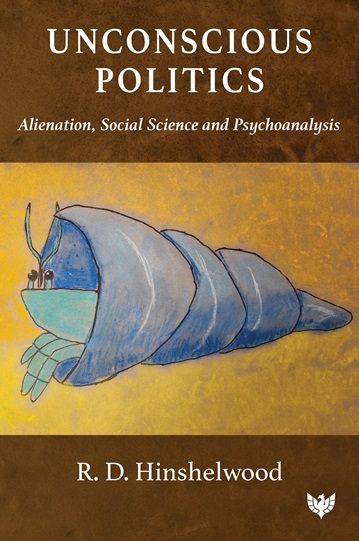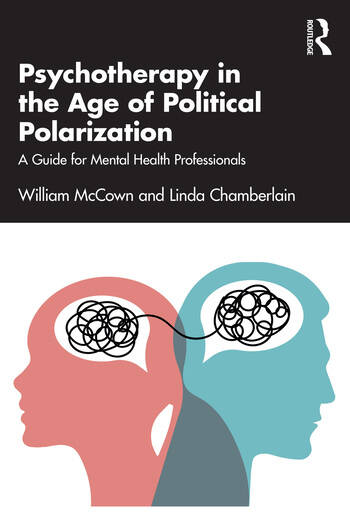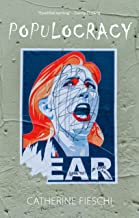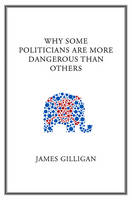Psychoanalytic, Psychosocial, and Human Rights Perspectives on Enforced Disappearance
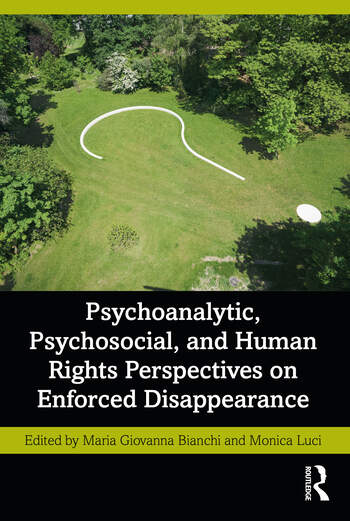
Book Details
- Publisher : Routledge
- Published : November 2023
- Cover : Paperback
- Pages : 258
- Category :
Psychotherapy and Politics - Catalogue No : 97501
- ISBN 13 : 9781032320571
- ISBN 10 : 1032320575
Also by Monica Luci
Torture, Psychoanalysis and Human Rights
Price £39.99
There are currently no reviews
Be the first to review
Collecting authoritative contributions, Psychoanalytic, Psychosocial, and Human Rights Perspectives on Enforced Disappearance combines the life experience of victims with the expertise of scholars and practitioners of human rights, psychoanalysis, and artists to compose a picture that renders the complexity of this crime in its legal, psychological, and social aspects.
Victims offer a glimpse into the bottomless despair of those who lose a family member in such a dramatic and torturous way. Academic scholars give a picture of this crime in contemporary world. Experts in human rights law address the progress and limitations of the different standards applied in international human rights law. The psychosocial framework in the context of forensic investigations and reparations encourages the decision-making process of the victims and the elaboration of their personal and collective stories. Psychoanalytic authors address the problems of perpetrators' states of mind, the profound psychological and unconscious significance of torture and the disappearance of people by the State, and the issues of memory and trauma in its multiple meanings, individual, collective, and transgenerational. Art is part of this collective effort to work through, to question, to understand and repair the damages of evil.
The book is aimed at postgraduate students, scholars, and practitioners in politics, psychoanalysis, law, psychology, psychosocial studies, human rights, social work and justice, and related fields.
Reviews and Endorsements
This outstanding collection weaves its intricate threads to connect human rights work with psychoanalysis. To call it ‘interdisciplinary’, though correct, is far too dry. The commitment of those who work in the field of human rights rests on the most profound depth psychological motivations. And psychoanalysis, at its base, is committed to freedom. The crime of enforced disappearance presents a challenge at every level. This book is an amazingly vibrant response.
Andrew Samuels, author of The Political Psyche
Really important work on the critical link between psychology and human rights. Both disciplines are about healing, much needed to counter the scourge of enforced disappearances.
Volker Türk, United Nations High Commissioner for Human Rights
This vital new volume both witnesses the suffering and discusses the psychopolitical meaning of the immense human rights violation of disappearing human beings. Assembling an array of authors who are impressively knowledgeable and deeply implicated in this story, Bianchi and Luci's book is a much-needed contribution to the recognition and understanding of one painful and unfortunately representative recent and contemporary political repression.
Jessica Benjamin, psychoanalyst and author of Beyond Doer and Done To: Recognition Theory, Intersubjectivity and the Third
In the 1970s, mothers and grandmothers in Argentina looked for the disappeared, fought for the right to the truth, and obtained the adoption of the International Convention. This book, in a profound juridical and psychological analysis of enforced disappearances, shows the sophistication needed to address, from the point of view of victims, relatives, perpetrators, lawyers, and psychotherapists, a crime that unfortunately is still being committed in many countries of the world.
Federico Villegas, former President of the Human Rights Council, Ambassador of Argentina to the United Nations
Table of Contents
Part 1: Enforced Disappearance in the Contemporary World
1. Enforced disappearances in the contemporary world: The recent contributions of the United Nations Working Group on Enforced or Involuntary Disappearances
Bernard Duhaime
2. The curse of ambiguity: The traumatic memory of victims of enforced disappearance
Angkhana Neelapaijit
3. Mourning the disappeared: A personal account
Andrea Paula Bleichmar
Part 2: Enforced Disappearance and Human Rights
4. The law in front of the denial of the law
Emmanuel Decaux
5. The psychological impact of enforced disappearance on victims in light of international human rights law
Santiago Corcuera Cabezut
6. The value and need for incorporating a psychosocial approach to forensic case-work in cases of extrajudicial, summary or arbitrary executions, including those who do not survive enforced and involuntary disappearances.
Morris Tidball-Binz
7. Fifty shades of suffering? The wavering international jurisprudence on relatives of disappeared persons as victims of human rights violations
Gabriella Citroni
8. The fight against impunity for enforced disappearances: A historical and personal account
Baltasar Garzón
Part 3: Enforced Disappearance in Psychosocial and Psychoanalytical Perspectives
9. Memories of enforced disappearance: Psychological need and political aim
Maria Giovanna Bianchi
10. Tortured and disappeared bodies: The problem of ‘knowing’
Monica Luci
11. Enforced disappearances and its perpetrators: The psychosis of total loss
Richard Mizen
12. "Can you describe this?": United Nations officers and the families of the disappeared
Ghislaine Boulanger
13. Traumatic traces of enforced disappearance through generations: From psychoanalytic theory to a family case study
Manon Bourguignon, Muriel Katz, and Alice Dermitzel
14. Names without bodies and bodies without names: Ambiguous loss and closure after enforced disappearance
Pauline Boss and Simon Robins
15. An Art Work for the "Jardin des Disparus" – in Meyrin, Switzerland
Anne Blanchet
About the Editor(s)
Maria Giovanna Bianchi, PhD, is an analytical psychologist and psychotherapist. She worked for almost three decades as a United Nations Human Rights Officer.
Monica Luci, PhD, Jungian and relational psychoanalyst (AIPA-IAAP and IARPP), works in private practice in Rome. She is the author, translator, and editor of publications on the themes of trauma, displacement, collective violence, sexuality, and gender, among which the monographs Torture, Psychoanalysis & Human Rights, and Torture Survivors in Analytic Therapy: Jung, Politics and Culture
Customer Reviews
Our customers have not yet reviewed this title. Be the first add your own review for this title.
You may also like
Unconscious Politics: Alienation, Social Science and Psychoanalysis
R.D. Hinshelwood
Price £26.09
save £2.90
Psychotherapy in the Age of Political Polarization: A Guide for Mental Health...
William McCown
Price £42.99


